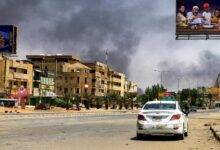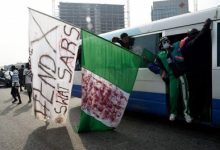South Sudanese experts on Monday urged President Salva Kiir and his newly appointed first vice president Riek Machar to rebuild lost trust and confidence during the three-year transition period.
Kiir last week reappointed Machar, leader of the main-opposition group Sudan People’s Liberation Movement-In-Opposition (SPLM-IO) who had been fighting Kiir’s government since the outbreak of conflict in December 2013.
The two leaders are currently locked in a discussion on ministerial appointments within the transitional unity government after Kiir also reappointed two deputy presidents including Taban Deng Gai, James Wani Igga, and two other newcomers Rebecca Nyandeng De Mabior and Hussein Abdelbagi Akol.
Jacob Chol, professor of politics at University of Juba told Xinhua that the reappointment of Machar after he fled Juba during renewed violence in July 2016 augurs well for peace in the country.
“What we should look at now is that the two leaders should build confidence in one another to be able to ensure that they run through the three years of the transitional period. It means, that business should not be as usual as in (July) 2016, it should change in terms of ensuring that the leaders do not allow any hardliners in between,” said Chol in Juba.
“They should always build consensus on whatever they talk about, they should build a relationship that is cordial and friendly,” he added.
The expert noted that the decision of the former warring parties to recently compromise on the issue of the number of the states, has helped push them forward to resolve pending issues within the 2018 revitalized peace agreement.
“The issue of skepticism about power struggle between the two leaders has been there, but South Sudanese have learned a hard lesson, that if we don’t implement this peace agreement or if the leaders don’t implement this agreement on time, that cannot be very good for the country and for them,” added Chol.
Chol added that when South Sudanese got their independence in 2011, the challenge faced by post-independence leadership was that they concentrated on state-building and forgot nation-building, which has been the major cause of the 2013 crisis. -Xinhua






